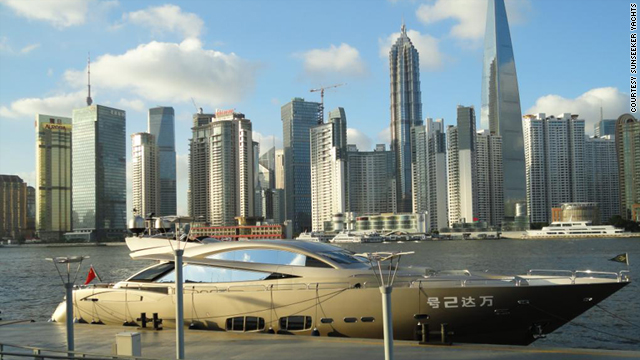DUA bilik di mana keranda mayat dihantar melalui pintu menerusi sistem penyimpanan automatik.
SEORANG sami melalui Hotel Lastel yang menempatkan orang mati di Yokohama.
YOKOHAMA: Ia adalah tempat di mana saudara-mara menempatkan anda apabila anda sudah tiada lagi di dunia ini.
Terletak di pinggir bandar Yokohama di Jepun, hotel berkenaan kelihatan seperti hotel penginapan kecil lain di bandar raya itu.
Namun demikian, ia bukan hotel biasa, tetapi hotel untuk orang yang sudah meninggal dunia.
Semua 18 tetamunya adalah mayat yang diletak dalam peti sejuk mayat dengan harga 12,000 yen (RM476) menunggu giliran di salah satu tempat pembakaran mayat di bandar raya itu.
Hisayoshi Teramura memperoleh pendapatan melalui kematian dan kini pasaran untuknya semakin melonjak di tengah-tengah kelembapan ekonomi Jepun.
Menurut rekod kerajaan, pada 2010, kira-kira 1.2 juta orang meninggal dunia, mencatat 0.95 peratus kadar kematian tahunan bagi negara itu berbanding kadar purata sedunia iaitu 0.84 peratus.
Kadar kematian tahunan dijangka meningkat kepada 1.66 juta pada 2040 berikutan sejumlah besar generasi dengan kadar kelahiran tinggi negara itu lupus.
Waktu itu, populasi Jepun mungkin menurun pada kira-kira 20 juta orang, kadar kematian yang tidak pernah berlaku dalam sesebuah negara sama ada akibat peperangan atau disebabkan oleh kebuluran.
Namun, walaupun dibelenggu masalah ekonomi di negara itu, rakyat Jepun masih berbelanja besar untuk upacara pengebumian.
Rakyat Jepun masih mebayar secara purata 1.2 juta yen (RM47,731) untuk bunga, bekas abu mayat, keranda dan perbelanjaan lain pengebumian - dua kali ganda yang dibelanjakan rakyat Amerika untuk pengebumian setahun.
Teramura yang mengasaskan syarikat perkuburan Nichiryoku, berkata: “Terdapat permintaan di pasaran.”
Di Yokohama, purata tempoh menunggu untuk tempat membakar mayat lebih empat hari, menyumbang kepada permintaan yang tinggi bagi rumah mayat sementara seperti Lastel.
“Jikalau tidak, mereka perlu menyimpan mayat di rumah yang pastinya tidak cukup ruang,” katanya. - DM


